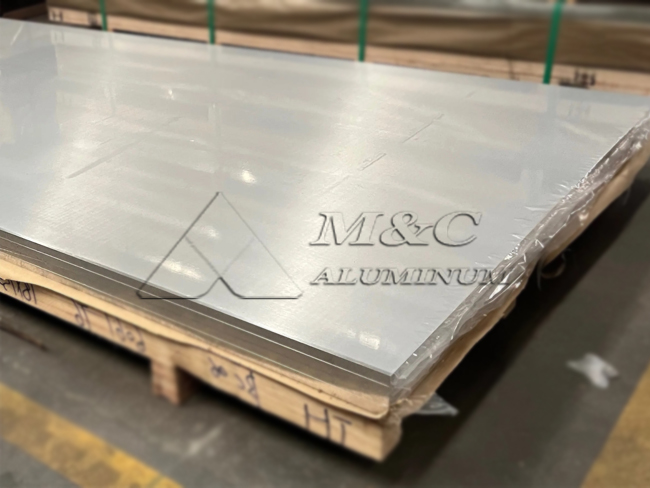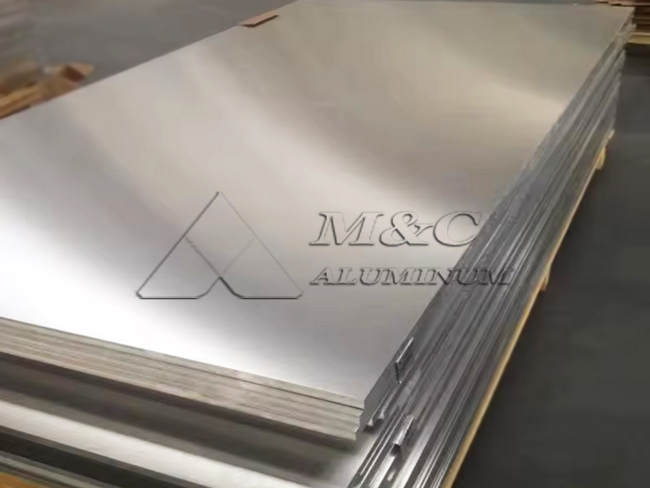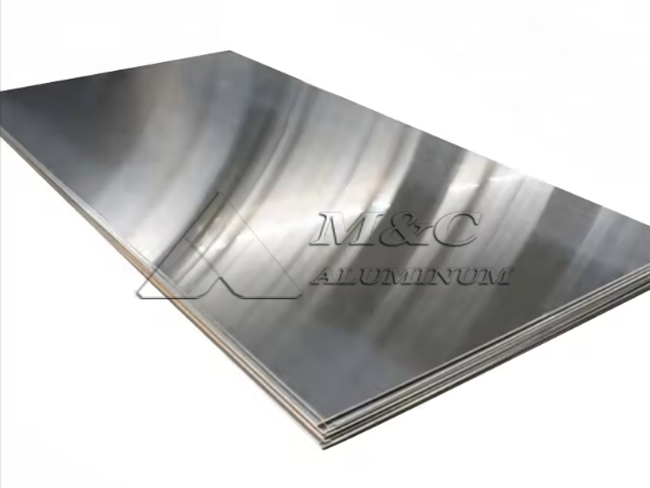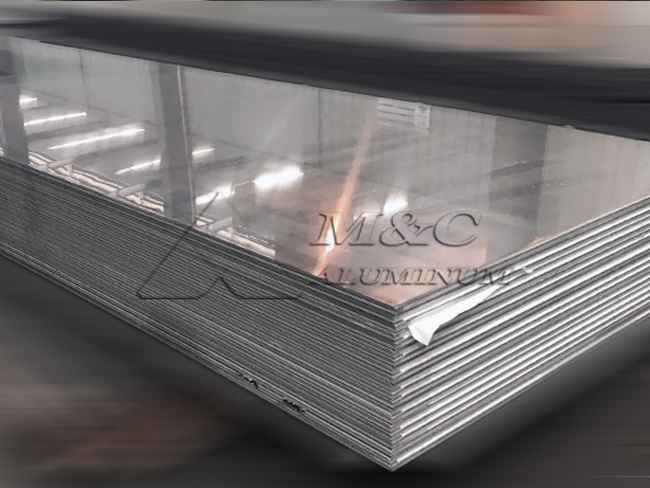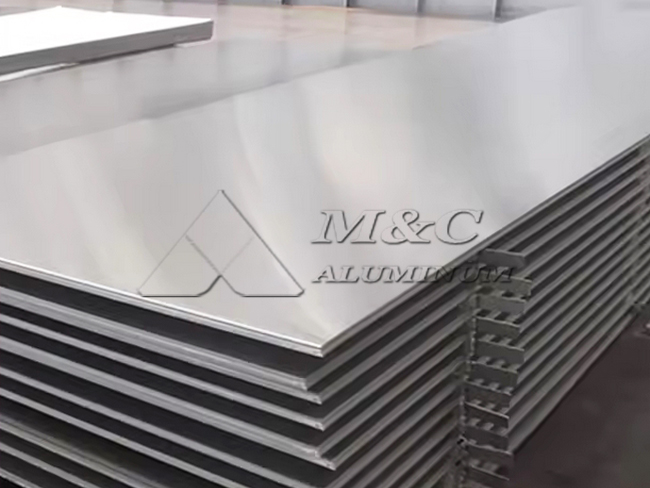Since the invention of Friction Stir Welding (FSW) by TWI in 1991, companies worldwide have adopted this process, mainly for the production of aluminum components and panels.
MC Aluminum has introduced a large-scale FSW machine for wide ship panels, capable of producing aluminum plates up to 5 x 12 meters. This FSW machine can be used for mass production of wide stiffened panels for high-speed aluminum alloy ships, effectively solving the challenges of on-site welding.
In shipbuilding, FSW is used to manufacture aluminum plates from extruded aluminum profiles. These extrusions are lightweight, corrosion-resistant, and integrated with stiffeners, offering an attractive strength-to-weight ratio. Entire modules can be hoisted by cranes and installed directly onto ships under construction. FSW panels widely applied in ship superstructures, deckhouses, and similar structures.
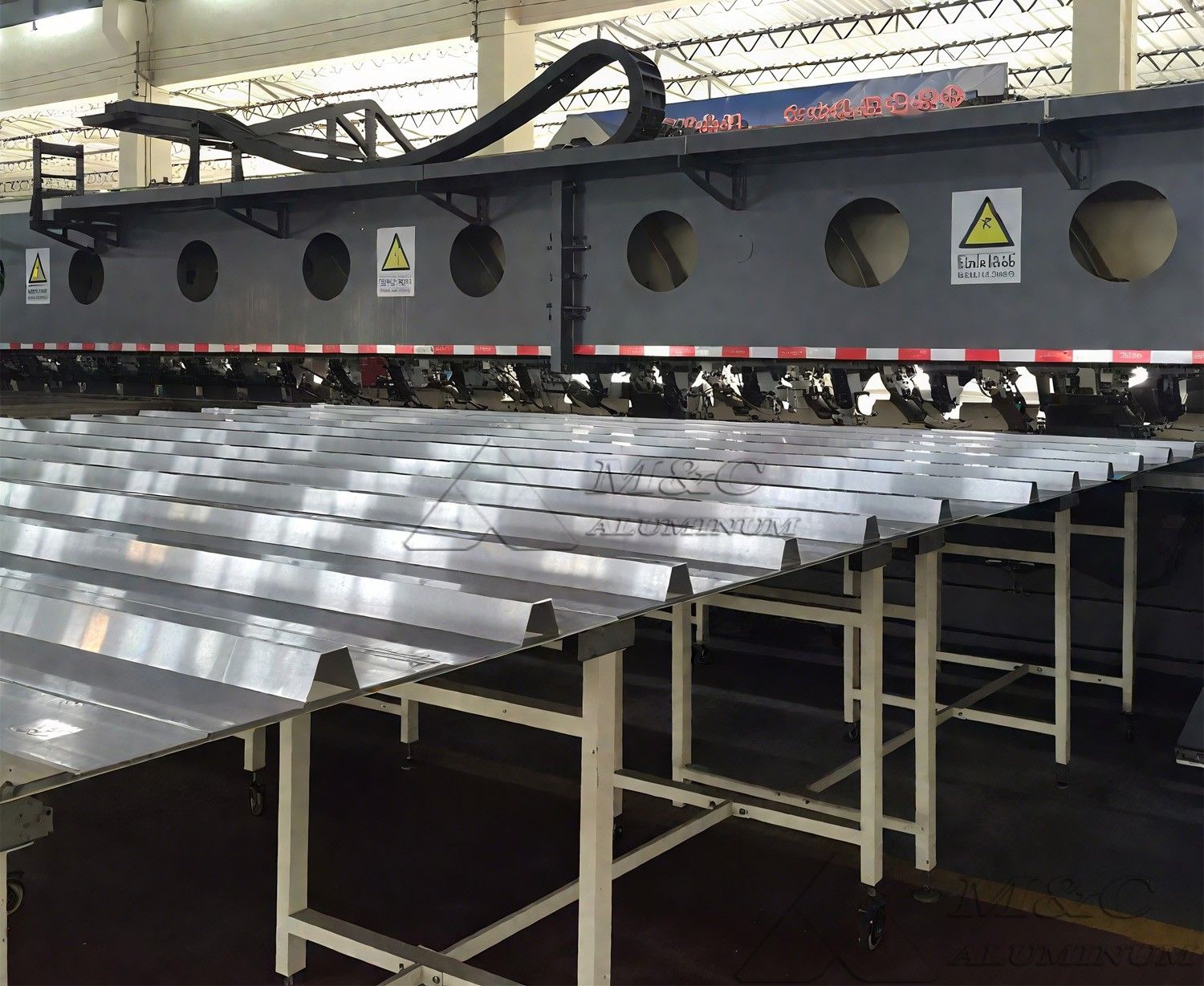
Principle of FSW
FSW is a solid-state joining process in which a rotating tool generates frictional heat to locally soften the material into a plastic state, and mechanical stirring action achieves metallurgical bonding. Unlike conventional fusion welding, the weld zone in FSW does not undergo melting, significantly reducing welding defects and residual stress.
FSW can weld all aluminum alloys, including those that are traditionally considered unweldable by fusion welding, such as aluminum-lithium alloys. Furthermore, FSW allows the joining of dissimilar aluminum alloys (e.g., 5000 to 6000 series, and even 2000 to 7000 series). The process requires no shielding gas or filler material.
Friction stir welding has been successfully applied in the shipbuilding industry for the production of prefabricated aluminum plates made from 6000 and 5000 series extrusions.
Performance Characteristics of FSW in Shipbuilding
Stable quality: High degree of automation, significantly reduced welding defect rate.
Lightweight structures: Supports large-area aluminum structures, enabling ship weight reduction of 15–20%.
Excellent corrosion resistance: Weld joints feature uniform microstructure with superior seawater corrosion resistance compared to fusion welds.
Eco-friendly: No slag or gas emissions, in line with the green shipbuilding trend.
Applications of FSW in the Shipbuilding Industry
Freezer Panels
The first commercial application of FSW was in the manufacture of hollow aluminum panels used for deep-freezing fish on fishing vessels. These panels are made from extruded aluminum profiles joined by FSW. The minimal distortion and high repeatability make FSW both technically and economically attractive for producing these high-strength panels.
Deck and Wall Structures
Prefabricated wide aluminum panels for high-speed ferries can be produced by FSW. Compared with fusion welding, FSW introduces very low heat input, resulting in minimal distortion and lower thermal stress. Extensive practice has shown that marine aluminum alloys such as 5083-H321, 5456-H116, and 6061-T6 achieve joint tensile strength exceeding 80% of the base material after FSW. The welds are smooth with minimal need for post-processing.
Explosion-Formed Hulls for Marine Sightseeing Vessels
Using 5 mm thick DNV-approved aluminum alloy 5083 H321, FSW enables full-penetration welds in a single pass without beveling, reducing welding steps and improving shipbuilding efficiency. The explosion-formed large outer plates, joined by FSW, maintain high sealing performance and structural continuity, significantly enhancing fatigue resistance and corrosion resistance of sightseeing vessels, thereby extending their service life.
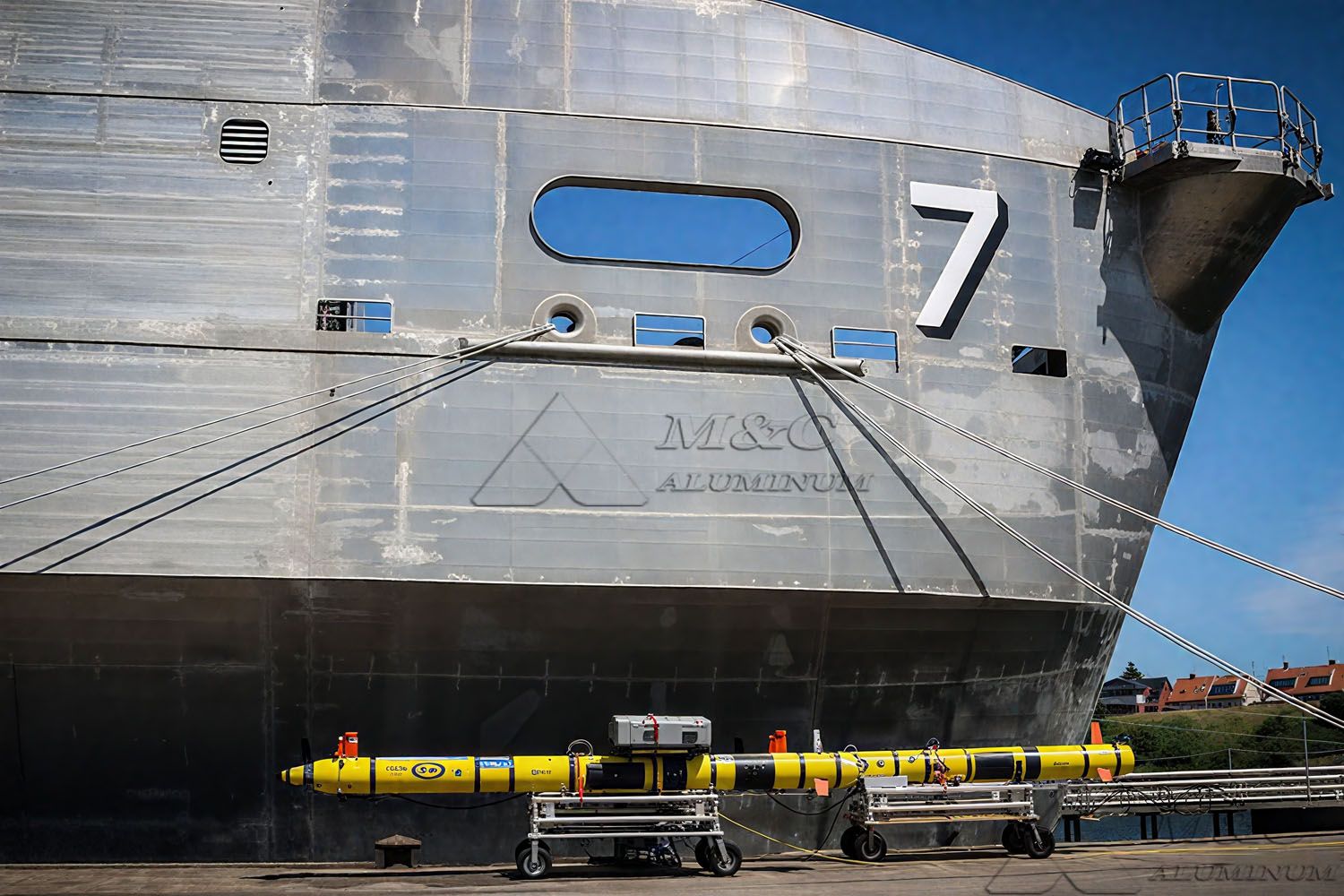
Original Source: https://www.marinealum.com/a/fsw-shipbuilding.html
Tag: FSW panel marine FSW panel extruded profile extruded aluminum profile marine aluminum stiffened panel FSW stiffened panel aluminum alloy friction stir welding stiffened panel aluminum alloy stiffened panel marine FSW stiffened panel

